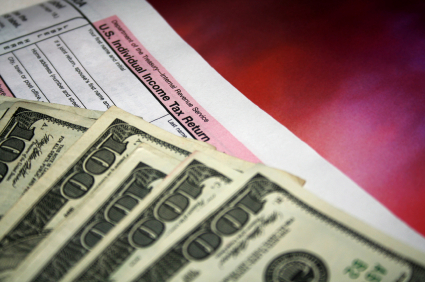 My recent MSN Money columns, in case you missed them:
My recent MSN Money columns, in case you missed them:
How to avoid tax-return rip-offs Beware of promises to get your refund faster. Refund anticipation loans are gone, and what’s replaced them isn’t worth the cost.
Gay marriage can muddle finances Gay and in love? You might want to wait to marry.
‘Boomerang’ kids: Moving out again Household formation is on the rise and the kids who moved into their parents’ basements are finally able to move out on their own. Here’s what they, and their parents, need to know to avoid future boomerangs.
Simple retirement can be satisfying If you haven’t saved much for retirement, all is not lost as long as you’re willing to pursue a much simpler lifestyle than what you’re probably living now. One man who lives just such a life is happy he does.




